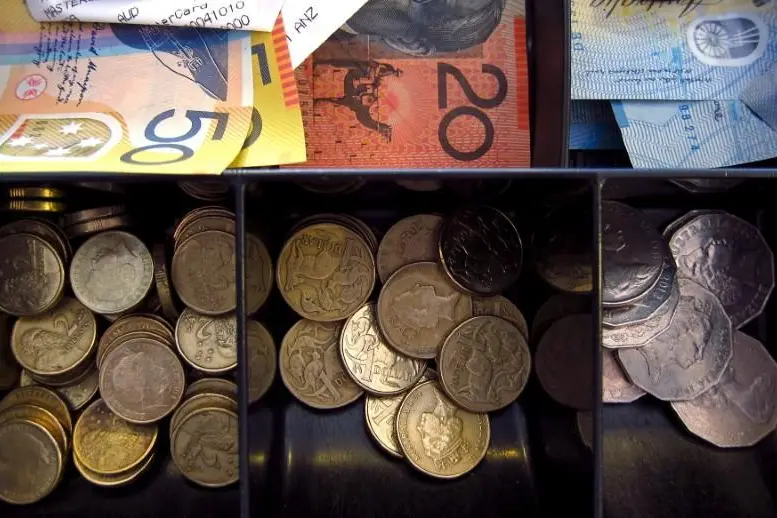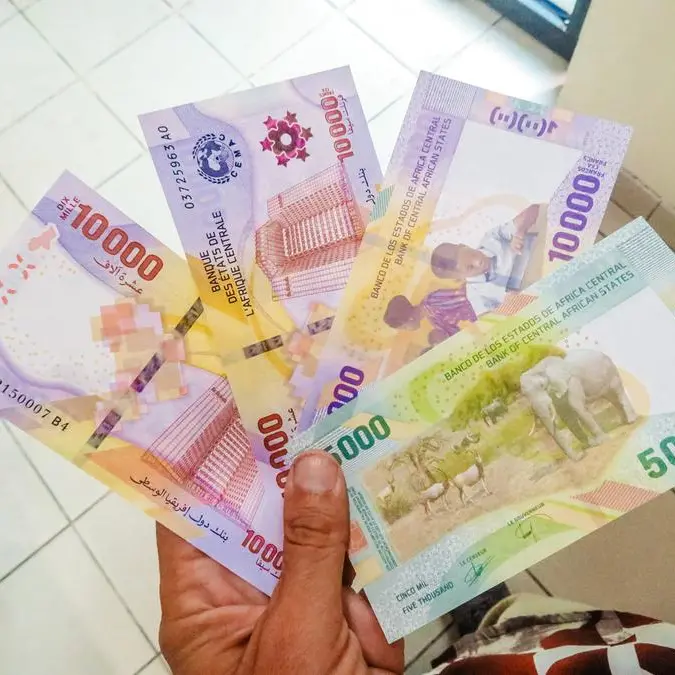PHOTO
Australia's prudential regulator said banks will be gradually forced to stop raising funds via hybrid bonds deemed ineffective at absorbing losses in the event of a crisis, to avoid a situation like last year's writedowns to Credit Suisse securities.
The Australian Prudential Regulation Authority (APRA) said on Monday that over the next eight years it will phase out the use of Additional Tier 1 (AT1) capital instruments, often referred to as hybrid bonds, with cheaper and more reliable forms of capital that would absorb losses more effectively in times of stress.
AT1s are one of the three types of capital that banks can hold that are meant to stabilise cash flow in periods of stress, alongside common equity tier 1 (CET1) capital and tier 2 capital, APRA said.
However, these bonds have been an object of concern to the global financial sector since last year when Switzerland's financial regulator wrote down about $17 billion of Credit Suisse AT1s following its forced merger with UBS, leading to lawsuits from investors.
"While Australia's banks are unquestionably strong, overseas experience has shown AT1 doesn't operate as intended during a crisis due to the complexity of using it, the potential for legal challenges and the risk of causing contagion," APRA Chair John Lonsdale said.
APRA said the phase-out of AT1s was one of a number of changes it had introduced in response to turmoil in Europe and the United States last year when some banks failed or required rescues and government intervention was required to restore stability and minimise contagion risk.
Under the proposal, large, internationally active banks will be able to replace 1.5% of capital from hybrid bonds with 1.25% of tier 2 capital and 0.25% of CET1 capital. Smaller banks will have to fully replace their AT1 capital with tier 2.
APRA said it would finalise changes to prudential standards before the end of 2025, with the updated framework to be effective Jan. 1, 2027.
The move comes months after the regulator began consultations with industry participants including banks, industry associations, rating agencies, brokers, investors and peer regulators.
($1 = 0.8790 Swiss francs)
(Reporting by Sameer Manekar in Bengaluru; Editing by Jamie Freed)





















